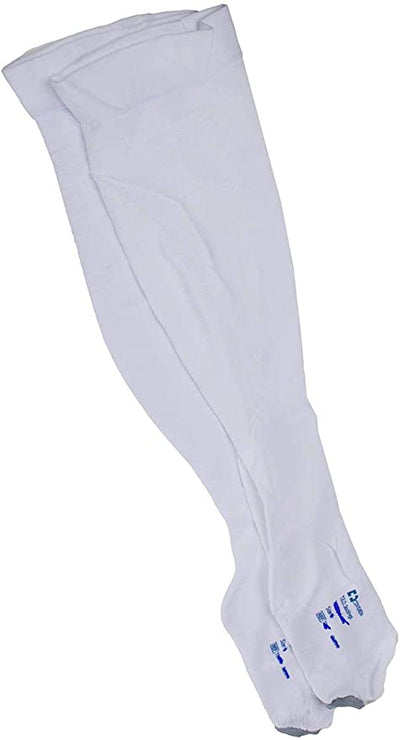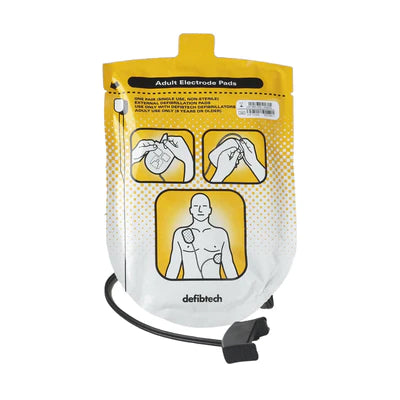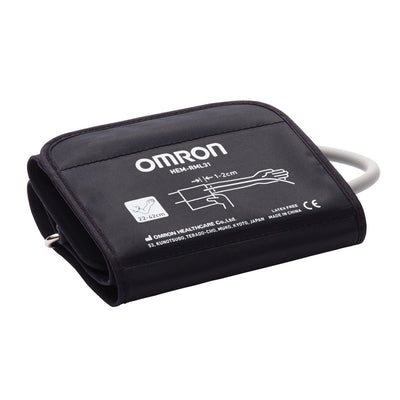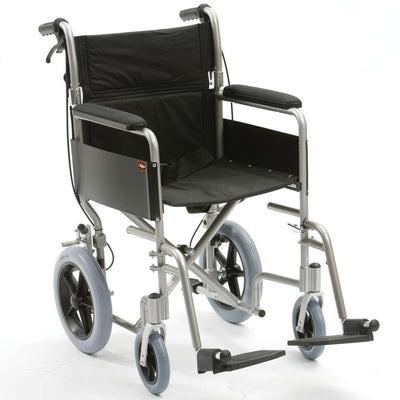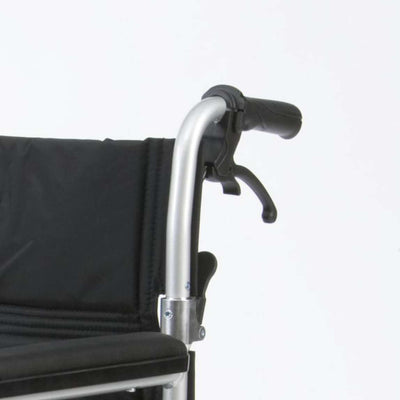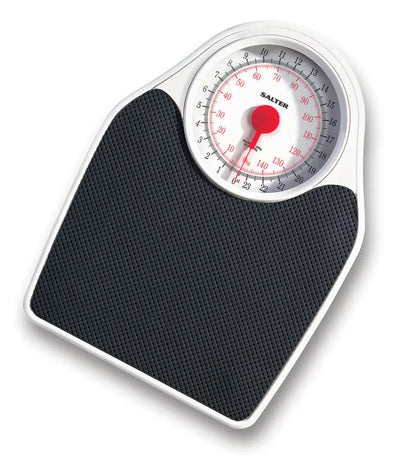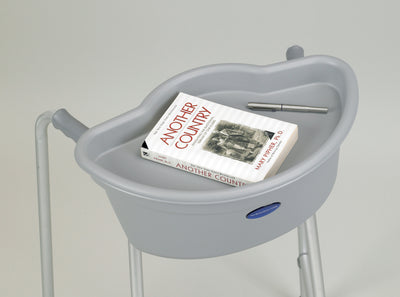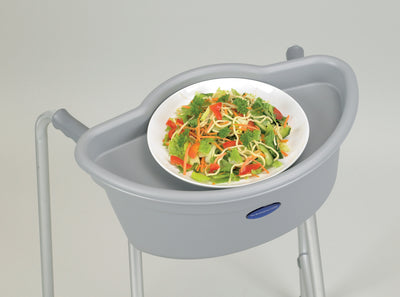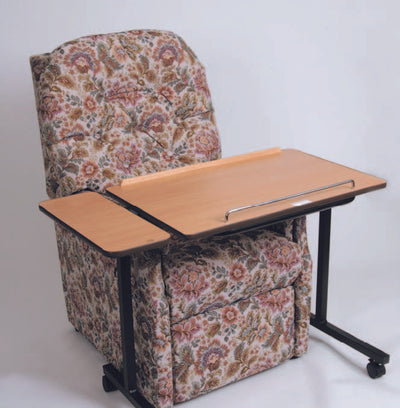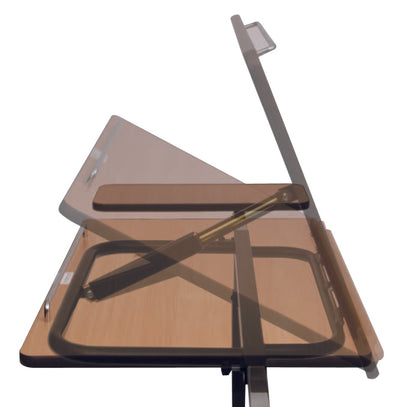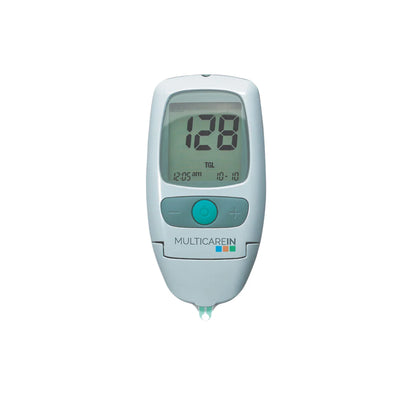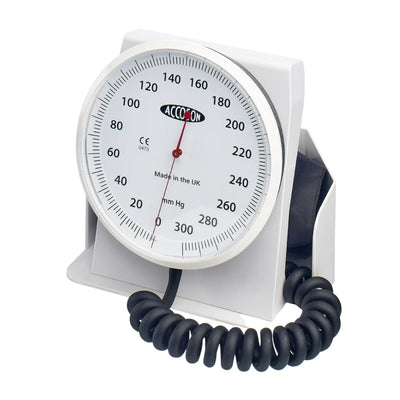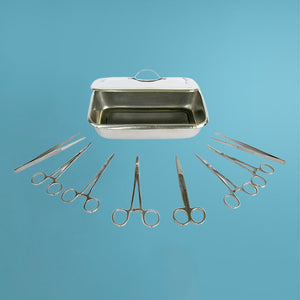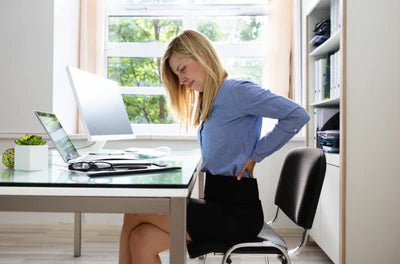Is working from home a pain in your back?
Back pain is incredibly common. We’ve all had those twinges from time to time, maybe after a bit of gardening or if we’ve been sitting in front of a computer for hours on end. In fact, with so many of us working from home just now there has been an big increase in reported concerns with back pain and the evidence is clear that spending too much time being inactive can not only be bad for our backs but can delay any recovery from niggles and pains. So, keeping the muscles in our back strong will ensure a well supported spine which in turn will help to keep back aches at bay.
80% of us will experience back pain in our lives, most commonly in our lower backs, and more often than not it’s a nuisance that lasts for just a few days and is unlikely to be something to be concerned about. However, given how inactive our modern life can be and how common back pain can be, it’s good advice to stay ‘back aware’ and to regularly practice good form to avoid doing damage that will affect us in the longer term.
How to prevent WFH back pain
Here are some simple ways you can look after your back if you’re working at your desk from home right now.
- Sit on the edge of your chair to keep your spine upright and posture in a neutral position.
- Use a lumbar support fitted to the back of your chair or a comfortable curved back cushion to ensure you’re sitting in a good position all day
- When you can, sit on the floor some times instead of a chair or sofa.
- Get up from your chair and walk around every 20 minutes.
- Stretch your legs outwards while sitting which helps to maintain and improve hip function and mobility.
- Stand up at your desk or elevate your workstation using items such as books or boxes at home.
- Take the time to perform a full-range hip movement (using the legs for support) and brace the lower back when standing up and sitting down – this avoids placing stress on the lower back and distributes the movement throughout the entire body
- Take up swimming (when your local Covid restrictions allow) as it’s fantastic for strengthening muscles without experiencing impact. Regularly practice yoga and pilates to maintain and improve flexibility.
Historically, GP’s would recommend bed rest as a remedy to mild or medium back pain. Now we know that regular movement is key to alleviating stiffness and pain related to the spine and lower back. So the big message to take home is keep active - even when you’re sitting down!
When to seek medical help
Although back pain in most cases will clear up after a couple of days it’s absolutely essential that you immediately seek urgent medical care if your pain persists or if you experience any of the following symptoms:
- Numbness in your legs or bottom
- Loss of sensation or control in your bladder or bowel
- Numbness in your lower back and back passage
- Sudden, severe spinal pain when lying down
- Tenderness in the spine
- Fever
These symptoms could be a sign of something very serious indeed and you should urgently seek care if you experience these. You can also check out our post on various causes of tiredness here for more awareness.
Becoming ‘back aware’ is key to maintaining great back health for life. Maintaining good posture now while you’re working from home is the best insurance policy you can have for the future of your back and spine. Keep active and keep back strong!
Need more support? We're always here to help.
For all your Medical and Homecare supplies give us a call at Mediworld.
We have over 40 years experience in medical, surgical and home health supplies and we're always on hand to chat if you need support or advice. Follow us on Twitter and Facebook.
